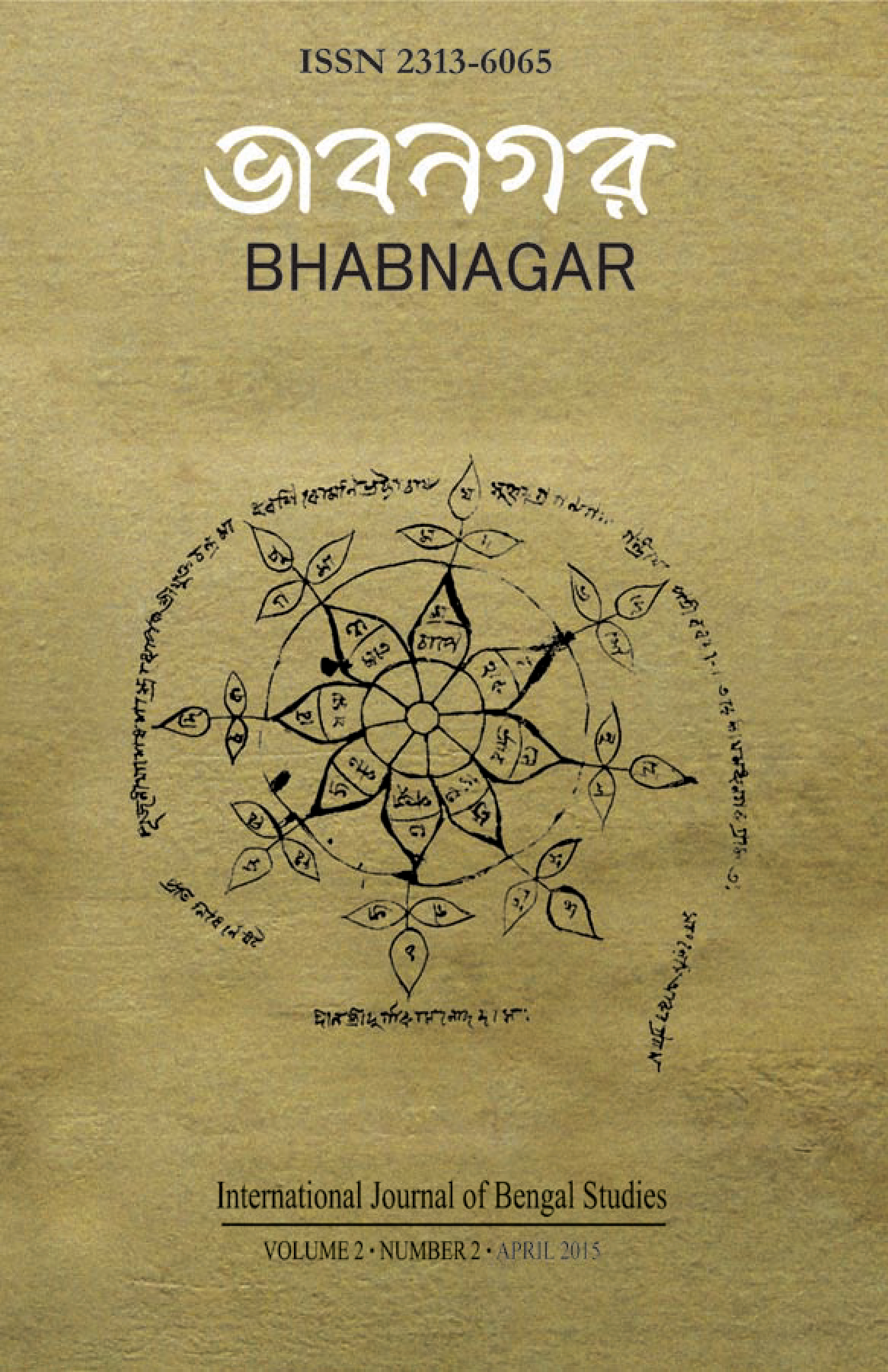সংগীতনৃতাত্ত্বিক পরিপ্রেক্ষিতে বাংলাদেশের বাউল-বয়াতীগান | An Ethnomusicological Perspective on Baul-ness in Bangladesh
DOI:
https://doi.org/10.64242/bijbs.v2i2.5Abstract
Ethnomusicology, famously described as 'the study of music in culture,' is a discipline which attempts to understand music and music making holistically, including its sonic, cultural, social, material and economic aspects. This paper will utilize the tools of the discipline to complicate the relationship between artists and genres of mystical poetry in contemporary Bangladesh. While invaluable research has begun to examine specific musicians, communities or musical traditions in Bangladesh, lingering impulses dating back to the gentrification of regional music styles beginning in the nineteenth century still force us to look as these types of music as autonomously functioning art forms. Rather than understanding such genres as thoroughly codified and authenticated, I posit the notion of baul-ness, a hegemonic aesthetic style which informs mystical poetry and song today, and which further interconnects groups of performers and their traditional venues. Their incorporation or reaction to baul-ness provides a certain agency to their musical identities which is otherwise overlooked. An examination of boyati and baul artists in the dialectical performance of bichar gan illuminates some of these issues, allowing us to rethink what the legacy of bhabsangeet entails.

Downloads
Published
Issue
Section
License
Copyright (c) 2015 BHĀBANAGARA: International Journal of Bengal Studies

This work is licensed under a Creative Commons Attribution-NonCommercial-NoDerivatives 4.0 International License.





